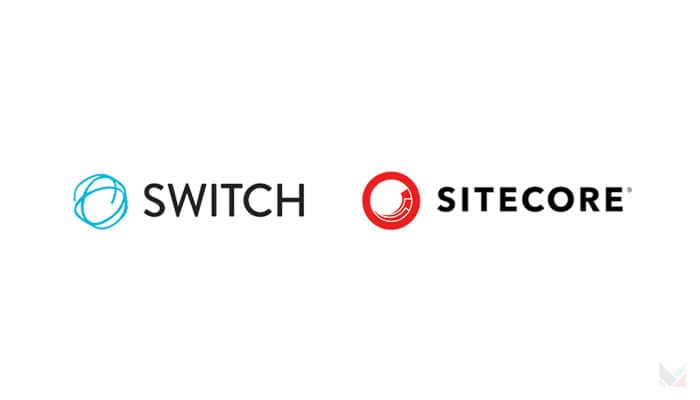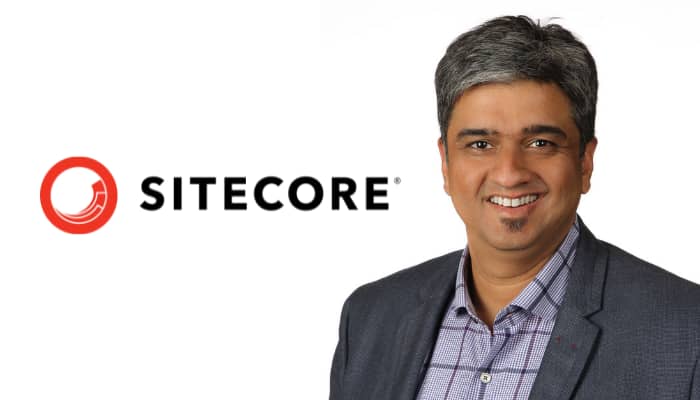California, USA – Digital experience management software, Sitecore, has fully integrated its core products from the acquisitions of Boxever, Four51, Moosend, and Reflektion into its Digital Experience Platform (DXP). These integrations come at a critical time for brands looking to revolutionise digital experiences to meet customers at the moment with more relevant, intuitive, and human experiences.
The new additions have been fundamental to expanding Sitecore’s advanced, SaaS-enabled composable DXP that empowers brands to deliver unforgettable customer interactions, and will enable businesses to provide real-time, personalised digital experiences across every touchpoint, from content to commerce.
Dave O’Flanagan, Sitecore’s chief product officer, noted that they are committed to delivering a composable DXP that meets the continuously changing needs of brands – unifying content, experience, and commerce, enabling them to offer exceptional customer experiences while continuing to innovate for whatever demands are around the corner.
“Ambitious brands have outgrown the one-size-fits-all vendors, and they will not settle for piecemeal point solutions – they need a stack of best-in-class features that work in harmony together – and this is what Sitecore delivers,” said O’Flanagan.
The updated offerings include Sitecore OrderCloud, which expanded its marketplace support capabilities with a new release of order routing flexibility, supplier empowerment, and pricing flexibility. In addition, OrderCloud released a new Inventory Records feature to provide inventory management flexibility to enable manufacturers, distributors, and retailers for seamless operations and commerce business success. The capability comes from the acquisition of Four51, which delivers modern B2B, B2C, B2B2X, and marketplace experiences for enterprise brands.
Meanwhile, Sitecore Send has revamped its platform with an improved design and more efficient user experience. It now operates with six additional languages, including Spanish, French, German, and Greek, as well as Japanese, and Portuguese. Moreover, Sitecore Send has announced a new pricing plan with a 30-day free trial for the full range of Send’s enterprise-level features. This capability came from Moosend, an innovative marketing automation and campaign management platform.
Another offering update is Sitecore Discover, which now has enhanced its Commerce Engagement Console (CEC) with a revamped appearance library and editor to provide a better user experience and more control over merchandising. It also improved its widgets with type filters and rule exports to add more convenience for users. This capability comes from Reflektion, the AI-powered digital search platform that understands and predicts individual shoppers’ purchase intent based on patterns, context, and needs in order to convert shoppers into buyers.
And lastly, Sitecore Personalise has now completed its integration with Sitecore Experience Manager. It offers a channel diagnostic testing and real-time personalisation capability that complements Sitecore’s market-leading CMS and is delivered in the cloud. Sitecore also published several new connectors on the Sitecore Marketplace including Salesforce Marketing Cloud, Responsys, and Klaviyo in addition to adding new AI-powered product discovery capabilities to support a broad range of commerce-related use cases including intelligent search, product listing pages, and product recommendations. This capability comes from Boxever, the SaaS-based Customer Data Platform (CDP) providing decisions and experimentation.









